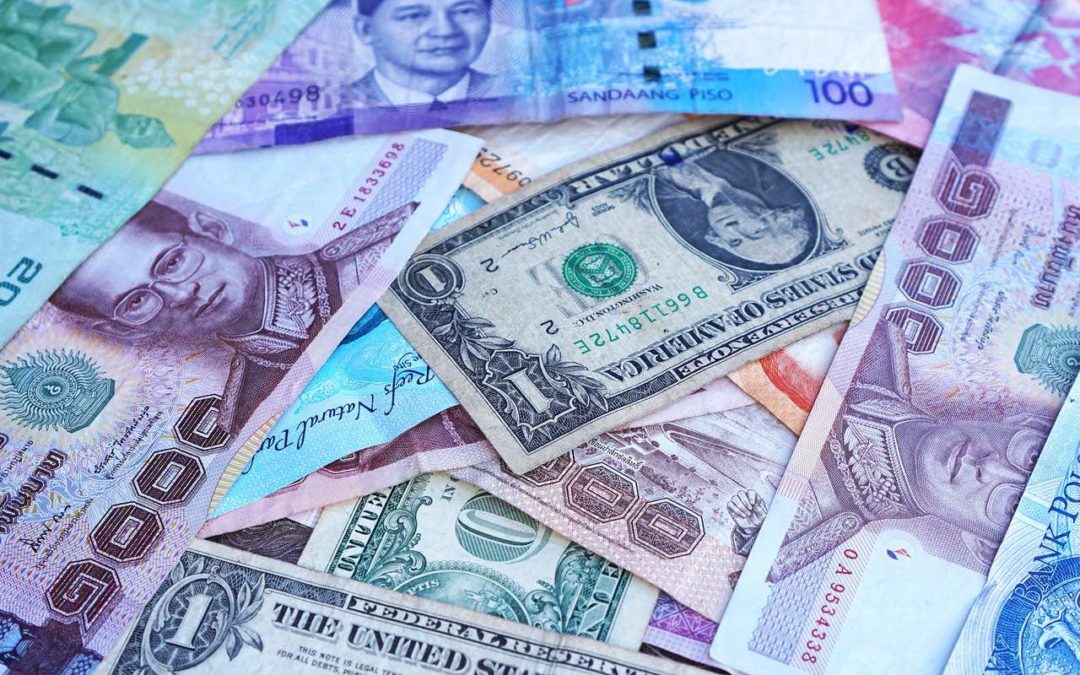Taking a gap year between secondary school and higher education offers a variety of valuable opportunities. These promote personal growth and experiential education. Students can volunteer or create additional time to explore a degree they want to pursue. Additional work and internships can be done during this time as well, making the transition into college more effective. But you do need to prepare your gap year finances.
How about you?
With all the excitement and learning opportunities that a gap year can bring, it’s still very important to analyze your spending. Travelling to a new place or scheduling volunteer trips can affect your budget if you’re not careful. Overspending on booking trips and spending money on accommodation, will reduce the amount of travel cash you have. A plan for your finances is an extremely helpful guide to handling a gap year like a professional. It’s all about what you want to get out of it.
To prepare your gap year finances, consider these tips!
Devise a Financial Strategy
In most cases, organizing a plan for your money can improve your knowledge on what’s working well for your budget. It also highlights what areas you need to revisit. Analyzing your monthly income is the first step. You’ll gain a better understanding of how you can improve the way you manage your costs. Improving your personal finance management during a gap year will ensure you are better prepared for college too.
Opening a savings account and downloading a budgeting app can help you stay on track or change your financial goals. Just remember, if you’re making adjustments to your budgeting strategy, give yourself time to re-organize your plan too.
Decide what your most important gap year experiences are likely to be
You will have a great time and learn lots about yourself and the places you visit on a gap year. You could prioritise, fancy accommodation and bars, over time spent exploring remote areas or living more like a local. The choice is yours of course but budget accordingly and stick to it or revise it as needed. Remain realistic about what you can afford and what is going to make you feel it was all worthwhile. After all, preparing you gap year finances is not not about the money.
Work out a daily cost for your travel
If you have the time to travel over a longer period and plan smartly you may get more out your experience and your daily budget. Remember, short programs will usually cost more per day than longer ones. So you could consider mixing up your gap year experiences to include, paid work, internships and volunteering. Staying in a few countries and maybe travelling with the same provider, might offer variety and save you costs. For example, admin charges, flight costs and currency conversion fees.
Use An Online Banking Platform
An online banking platform offers even more incentives valuable to individuals who want a more in-depth analysis of their financial status. You can receive notifications in real time alerting you of payments, to make deposits and transfer money. Since this tool is in the form of an app on your smartphone, you can receive an option to budget your gap year expenses. It can help with building your savings, logging purchases and synch to an employer’s payroll plan so you get paid before your actual payday. If you are looking for a convenient way to prepare you gap year finances on the go, this could be a great option for you during your gap year.
Start saving now
As soon as you outline your gap year plans, it’s essential to save as much money as you can from the start. This could include opening an additional savings account to contribute to on a monthly basis, or cutting down on costs. Start with going through each payment you’re responsible for as a way to organize your expenses from essential to unnecessary. Some cost you can’t avoid entirely but you could spend less on phone bill extras, food luxuries (takeaway coffee, bottled water) and taxi cabs. Extra expenses like monthly music software’s, movie subscriptions, and shopping trips could be avoided with strict financial goals and proper planning. These additional payments can add up month after month, so eliminating some from your current budget will give you more money to work with.
Once you have a plan, go back over it and see where you can save some extra cash. It can be quite addictive and a good old piggy bank is an easy way to end up with some extra pocket cash, especially if you put away every £2 coin you find.
Financial planning is for life, not just a gap year
Before experiencing all of the positive instances a gap year can bring, it’s important to prepare your gap year finances. Without a strategy for your budget, money can be easily frittered away and spent with little control. A gap year is an excellent learning opportunity for all sorts of reasons. Financial astuteness is definitely one of them and appreciated by parents and employers alike!


